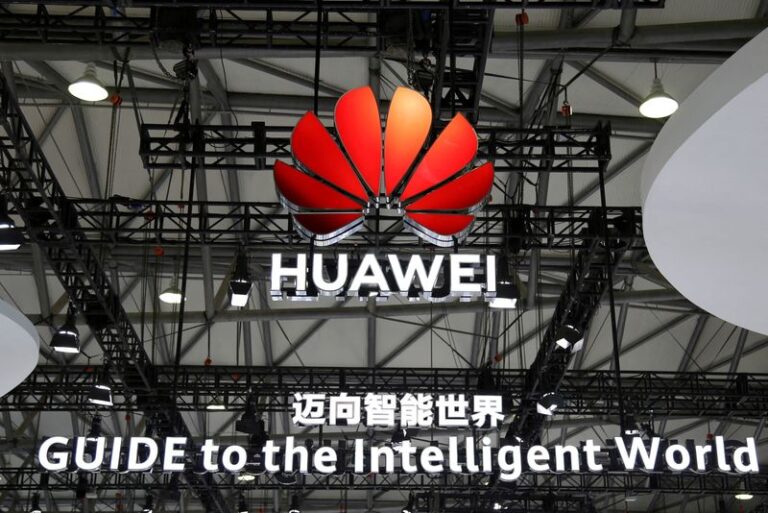A senior FA official at Chinese tech giant Huawei on Thursday dismissed the idea that a shortage of the most advanced artificial intelligence chips would hamper the country’s goal of becoming an AI leader, but said innovation was needed to solve the problem.
The comments by Huawei Cloud CEO Zhang Ping’an come amid tighter US restrictions on shipments of advanced AI chips to China, including a ban on sales there by companies such as US giant Nvidia (NVDA).
“No one will deny that we are facing limited computing power in China… But we cannot rely solely on AI chips with advanced manufacturing process nodes as the ultimate foundation of AI infrastructure,” Zhang said at a forum at the World AI Conference in Shanghai, a three-day event that began Thursday.
“If we think that not having the most advanced AI chips means we won’t be able to lead in AI, then we need to abandon that view,” Zhang said.
Huawei, which was placed on the U.S. entity list banning it from buying advanced chips from American companies, has developed its own AI chip product called Ascend, which is now used by many companies in China to train AI models.
However, the Ascend AI chip, along with many others from Chinese companies, is considered significantly inferior in terms of computing power compared to Nvidia’s offerings.
Zhang called for innovative approaches that put more emphasis on the cloud, which he said can help compensate for the lack of advanced AI chips through innovation in computing architecture.
He also said that a converged approach is needed to combine cloud, edge and networks in a way that can reduce energy consumption and improve overall efficiency. Zhang touted Huawei Cloud as one of the leaders in providing such innovative solutions.
(Reporting by Casey Hall in Shanghai; additional reporting by Beijing staff; editing by Susan Fenton)


